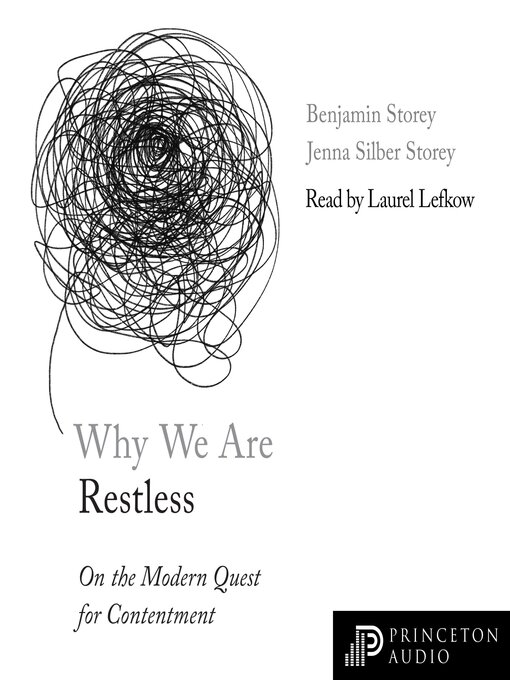- Available now
- New eBook additions
- New kids additions
- New teen additions
- Most popular
- Try something different
- See all ebooks collections
- Available now
- New audiobook additions
- New kids additions
- New teen additions
- Most popular
- Try something different
- See all audiobooks collections
- Celebrity
- News & Politics
- Health & Fitness
- Sports
- Cooking & Food
- Lifestyle
- Tech & Gaming
- Entertainment
- Cars & Motorcycles
- Crafts & Hobbies
- See all magazines collections
